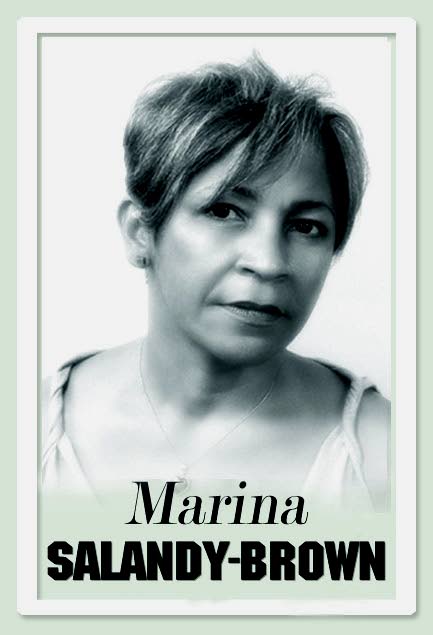The great escape

One of the most thrilling of WWII-inspired films was the hugely successful The Great Escape, with a stunning cast including the luscious, now-deceased Steve McQueen, about a real wartime prison breakout.
In it, a group of imprisoned Allied soldiers undertakes an action-packed escape from a Nazi war camp. Then there was a popular, often repeated TV series of my youth, The Fugitive, starring a very doleful but equally luscious David Janssen as a doctor who is wrongly convicted for his wife’s murder and manages to escape to prove his innocence. I don’t remember how that ended but I know Dr Kimble never smiled and lived through some pretty hair-raising times while on the run.
On Wednesday morning, I watched BBC World TV in disbelief as the 65-year-old former miracle worker of the French and Japanese car-manufacturing industry Carlos Ghosn delivered a very high-risk press-conference performance in Beirut after an unbelievable escape from the Japanese authorities while on bail. He had been in Japan awaiting trial for a series of crimes related to financial impropriety. The details of how he ended up in Lebanon read like a veritable film script.
On Monday, Japanese TV reported that on 29 December, the unaccompanied fugitive had caught a bullet train in downtown Tokyo and alighted in Osaka, where he took a taxi to a hotel near the airport. That very evening he reportedly escaped Japan in a private jet destined for Istanbul, where he transferred onto another private jet to Beirut. It is believed that he was packed onto the first plane in a large musical-instrument case, with holes drilled in to allow for a supply of oxygen.
Other escape details are still hazy at the time of writing but Ghosn has French, Brazilian and Lebanese passports and used a French passport to enter Lebanon and make his way to the home of his Lebanese in-laws. International newspapers report him surprising his fashion-designer wife, who he insists had no part in his daredevil caper.
In the daring press conference that was Ghosn’s way of taking his case to the public, he shied away from giving any details of the actual escape, because many people could be implicated - Turkey has already arrested a handful of individuals at the airport on suspicion of having aided the Istanbul plane swap – but he named names and insisted that he had escaped injustice, rather than had fled justice.
He alleged a conspiracy by former Nissan colleagues who were very displeased with plans to deepen further the alliance between Renault and Nissan, when the shareholder structure is unfavourable to Nissan – Renault owns 43 per cent of Nissan, but Nissan owns only 15 per cent of Renault, although the Japanese carmaker is bigger in every way.
Ghosn blames this state of affairs on a change of laws in France, but Nissan blames him and decided to take him down. He asserted that he is the victim of the industrial war between the two firms. He apparently had been ready to retire at the end of his last contract, but the Japanese firm asked him to renew it; then when he landed in Tokyo in November 2018, he was immediately arrested and thrown into prison.
Ghosn implicated unnamed Japanese government officials as co-conspirators but exonerated Prime Minister Shinzo Abe, and he criticised the Japanese judicial culture that secures nearly 100 per cent convictions through confessions, but most incredible of all was his unconsidered, Trump-like reference to Pearl Harbour.
This embarrassment would not please the Japanese, who possess fierce national pride and an obviously leaky security system. He described a pretty horrendous prison regime that included solitary confinement, eight-hour interrogations with no lawyer and many other deprivations. When out on bail he was not allowed to be in contact with his wife, whom he married in such extravagance three years ago as then chief of Renault that French prosecutors had started preliminary investigations into whether he had used company funds to finance it.
Japan is hitting back now, with even a warrant against Ghosn’s wife. The Lebanese, who have their own travails, must manage the situation diplomatically and could well feed him to the wolves if necessary – ask WikiLeaks founder Julian Assange about that. Being a fugitive brings no peace and the plot will surely thicken in this larger-than-life, high-stakes drama.
We have been seeing people increasingly tearing up the rulebook, from presidents and social media magnates to environmental activists and data-stealing tycoons, Carlos Ghosn is another disturbing example of how terribly wrong our world order has gone.
Much of what he said should have been heard in an open courtroom but most of it might have been inadmissible, and he had no trust in the system, no belief that he would be fairly heard.
I am sympathetic to his plight. Institutions are in crisis everywhere. What should concern us is, why they are losing their authority? That question is one of the most important items for the international agenda.


Comments
"The great escape"